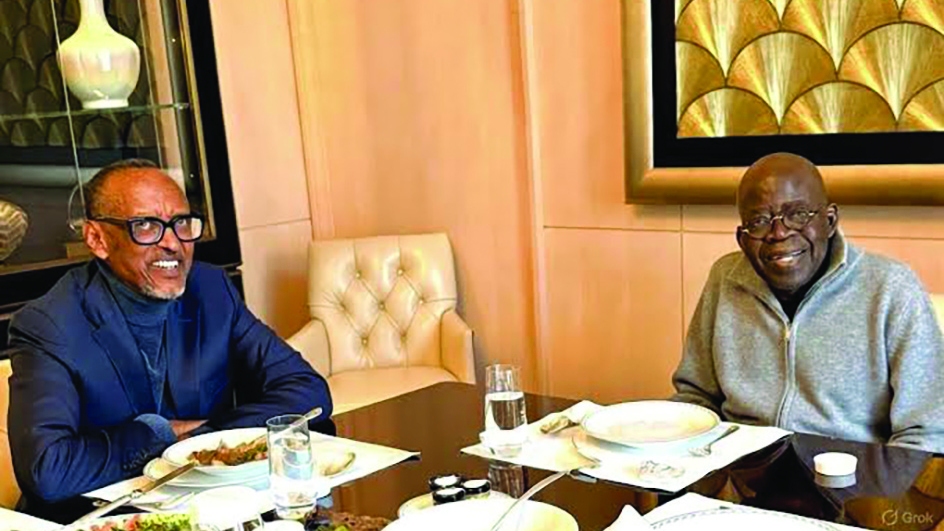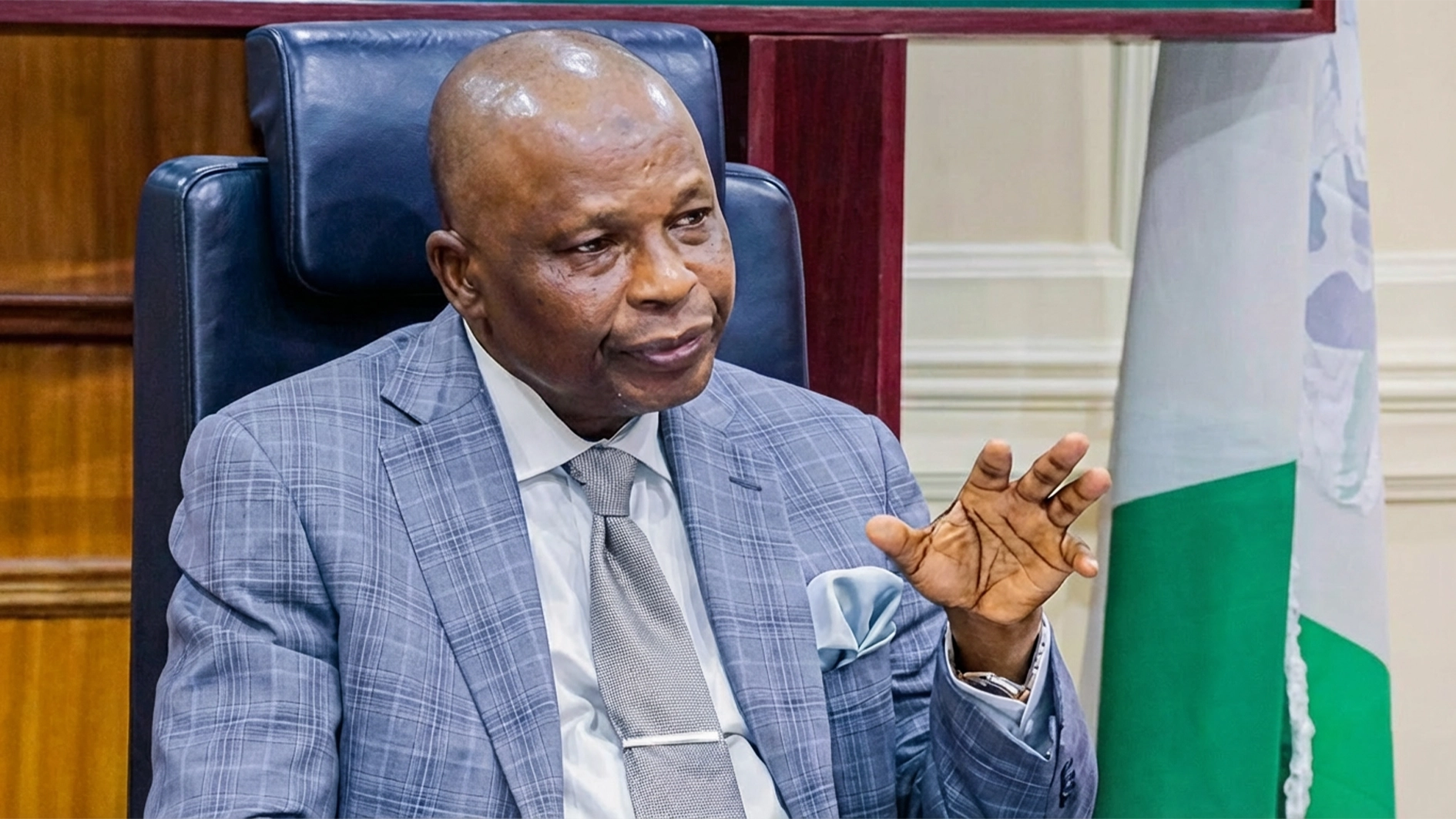The Comptroller General of the Nigeria Customs Service (NCS), Bashir Adeniyi, has stated that strategic reforms are underway to reposition Nigeria and Africa as major players in global export markets.
Speaking at the ongoing 4th Intra-African Trade Fair (IATF) in Algiers, Algeria, on Friday, Adeniyi said the agency is accelerating its trade facilitation and port reform initiatives to tackle the urgent need to remove long standing bottlenecks, particularly those associated with port operations to unlock large-scale export potential across the continent.
According to him, key processes that delay and frustrate exporters are being addressed, with the NCS already taking concrete steps in that direction. He pointed out that one of the most impactful interventions so far has been the establishment of a dedicated export terminal in Lagos under the Lilliput Command.
This facility, he said, now channels up to 80 per cent of the country’s exports, offering a centralised location for exporters to complete documentation before physically moving goods through other terminals in Lagos.
Adeniyi noted that collaboration with terminal operators has led to the innovative use of barges to move containers, allowing exporters to circumvent the notorious delays at port gates.
He stated that as a result of these combined measures, there was a marked increase in the value and volume of exports, an early indication that the reforms are yielding tangible results.
On the choice of Nigeria as host for the next IATF in 2027, Adeniyi described the development as a major milestone and a source of national pride.
He, however, stated that readiness for such a significant event must go beyond the mandates of government agencies.
Drawing from observations made at the ongoing event in Algeria, he emphasised the importance of a “whole-of-society approach” where every segment of society would contribute to the success of the event.
He argued that while agencies such as Customs, Immigration, and security services will play foundational roles, especially in border control and visitors’ safety, there is also the need to ensure comfort, mobility, and hospitality for international guests.
From efficient transport systems to adequate accommodation, he pointed out that the experience of the visitor will hinge on how well Nigeria coordinates these different facets.
Focusing on the role of Customs, he explained that a streamlined temporary admission process will be central to handling the inflow of exhibition goods.
He said items brought into the country for display must be documented on arrival and verified again upon departure, noting that dedicated help desks will be created, while there will be close coordination between the Customs Service and the trade fair’s central organising committee.
Reflecting on why Nigeria and Africa have struggled to export in large volumes over the years, Adeniyi identified structural and operational challenges that continue to hamper regional trade, especially the issue of connectivity.
He noted that both people and goods often struggle to move freely across African borders due to poor transport networks and complicated logistics chains.
In addition to connectivity issues, Adeniyi highlighted the inadequacy of payment systems and a persistent trust gap between regulators and exporters. He also stated that regulatory agencies often suspect exporters of illicit practices, leading to excessive scrutiny and red tape.
Despite these hurdles, he expressed optimism that the gaps would close, noting that progress was being made in improving payment systems, while technology is playing a larger role in Customs operations.
He pointed to initiatives such as the Authorised Economic Operator (AEO) programme and the dedication of specific export terminals as part of the Service’s broader strategy to remove friction from the export process.
In addressing the balance between revenue generation and trade facilitation, Adeniyi explained that the Customs Service has adopted a more deliberate and strategic approach.
He also pointed out that while revenue targets remain important, greater attention was being paid to the methods of collection and the broader impact on the trading ecosystem.
Adeniyi said the Service would also introduce tools such as Advance Ruling, which allows importers to secure binding decisions on classification and duty rates well ahead of importation.
According to him, this helps to avoid disputes and delays when goods arrive, and aligns with a growing focus on pre-arrival processes aimed at reducing bureaucracy and improving user experience at the ports.






